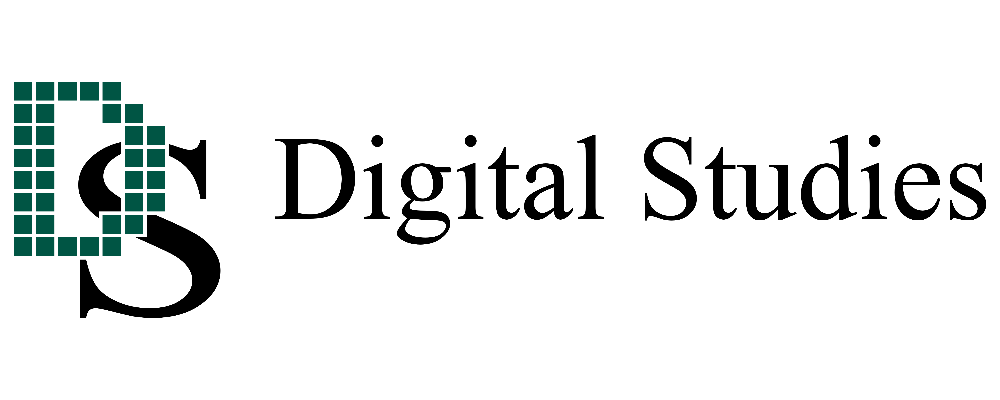Seminar 2015
The Contributive Categorization seminar was launched by the IRI in 2013 in the context of an experimentation with the online course pharmakon.fr. Since this fall, it is integrated into the seminar of the Digital Studies network (see digital-studies.org).
This one also includes a series of session organized with the partners of the network (of which the latest took place this year with Nicolas de Warren and Giuseppe Longo), and the seminar pharmakon.fr, which will start again in April – and will be dedicated this year to the hypothesis of a neguanthropology as an outlook beyond the Anthropocene.
This year, the Contributive Categorization seminar will focus on the question of a hermeneutic conceived as a neguentropic potentiality, aiming at defining the architecture and the functional features of what should be a hermeneutic web. This year’s seminar has been designed in view of the Entretiens du Nouveau Monde Industriel which will take place in December 2015 at the Centre-Pompidou: these Entretiens will be dedicated to the theme “The Web We Want”, echoing Tim Berners Lee’s initiative. They will put to the proof of an international debate the concept of hermeneutic web – compared to a semantic web.
Seminar 2015
Seminar 2013-2014
The monthly seminar about contributive categorization aimed to shed theoretical light on the question of category in philosophy and the especially reductive consequences it can have in the field of IT ontologies. The objective also was for us to define the bases of a concrete experimentation of contributive categorization thanks to a protocol adapted to the online courses pharmakon.fr. All sessions of this seminar have been published on the website digitalstudies.org in order to feed into the discussion with the network partners.
In addition to the conception and application of the contributive categorization protocol, the seminar program consisted in making the history and theory of the transition from retention to categorization, and then from categorization to transindividuation. To do this, we had to study the theories of knowledge produced by Platoon, Aristotle and Kant, and especially Husserl’s one. In the light of the German philosopher, we could analyze the processes of ideation and idealization through which categories are formed, as well as the process of categorial intuition that allows the individual to access them. We then could produce a critical exegesis of these ideas and establish the role of technic and tertiary retentions within the double process of invention and individuation of categories – process we named “categogenesis”. The questions standing at the horizon of these works are related to categorial discussion, certification in the digital context, spatiotemporal objects and contribution.
